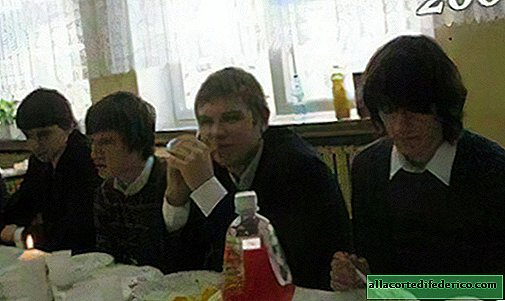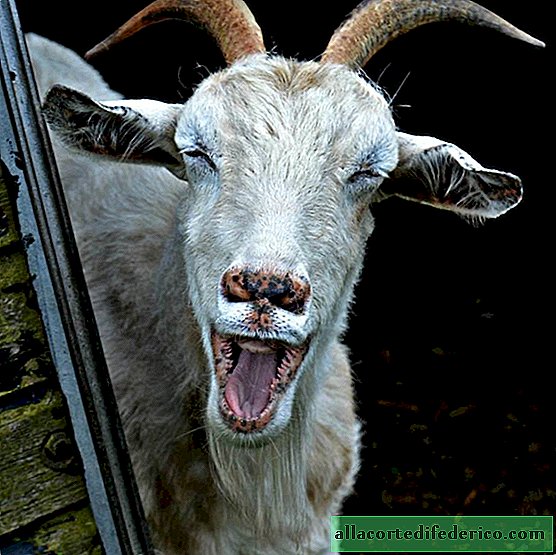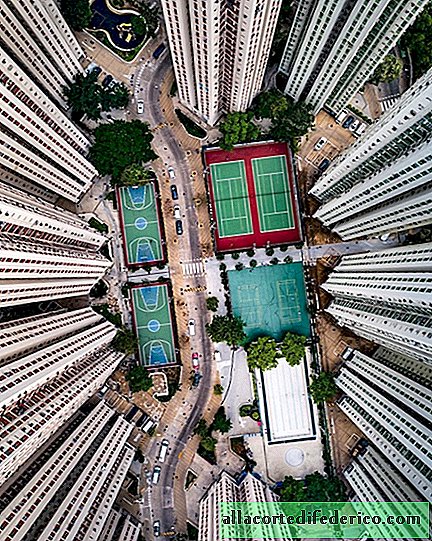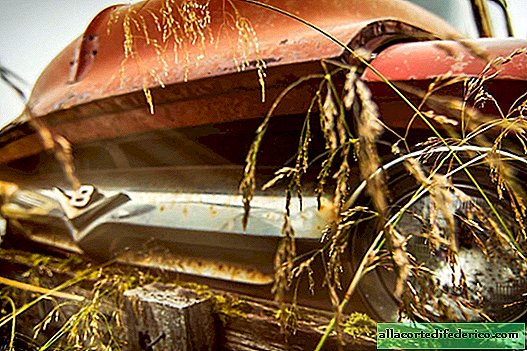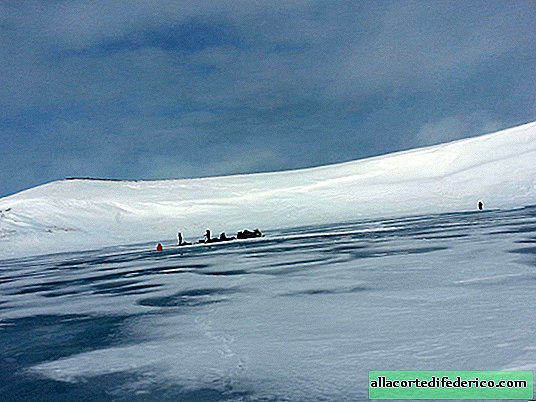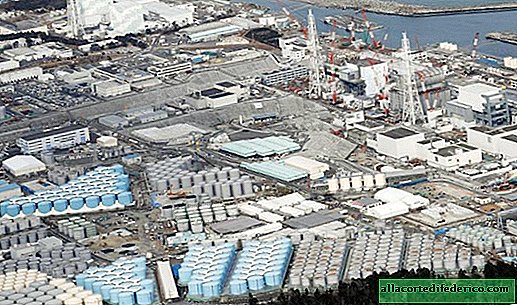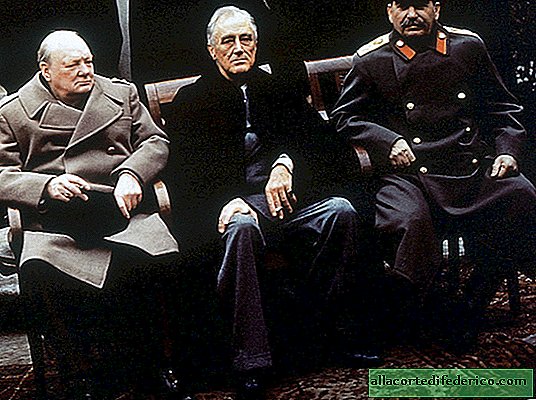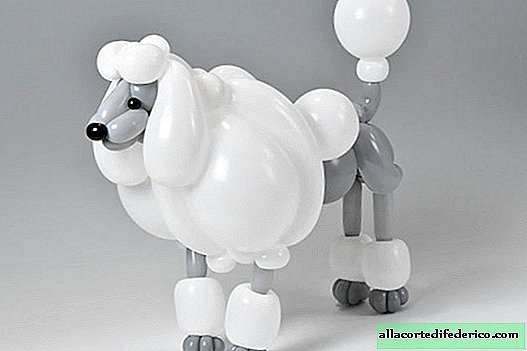We lose them: what will our planet be like if insects disappear
What will our planet look like if all insects disappear on it, or at least half of them? Most of us do not even think about it or believe that nothing bad will happen. If there are fewer mosquitoes, mosquitoes and flies in the world, then humanity will only breathe a sigh of relief. But, unfortunately, nothing threatens the life of hated mosquitoes and flies, which cannot be said about the rest of the insects on the planet. According to recently published studies, about 40% of all insect species that inhabit the vastness of Europe and North America are on the verge of extinction.

What role do insects play in the ecosystems of our planet, and what threatens their extinction? Because of their small size, they do not seem so necessary to us. From the point of view of ordinary people, birds or mammals that are on the verge of extinction and which urgently need to be saved are much more important. But representatives of this class of invertebrates are among the most ancient inhabitants of the Earth, and during their long evolution they penetrated almost all ecosystems of the planet, therefore their influence is very great. And if their size is not so impressive, then the fact that insects make up 90% of all currently known species of living organisms on the planet makes us think. They pollinate plants, are an important link in the process of soil formation, serve as food for birds, mammals, reptiles, reptiles and fish, and also perform many other useful functions.

But this amazing microcosm of flying, crawling and floating creatures is endangered. And it's hard to even imagine what will happen to the planet after the disappearance of some of the insects. So far, reliable data have been obtained only for Europe and North America, but entomologists believe that a similar situation has developed in other parts of the world. And the main reason for such a plight of insects is human activity. The destructive agriculture, which involves more and more arable land and pesticides in circulation, is called one of the main reasons for the sharp reduction in the number of insects on the planet in recent decades. Poisoning substances kill not only agricultural pests, but also all other insects that fall into the area of action of the drugs. Forest destruction and climate change are also “contributing” to insect extinction.

The extent to which the world familiar to us will change if some insects disappear from it can be judged on the basis of their role in ecosystems. At risk is a part of flowering plants that are pollinated by a narrow, specialized group of insects, and sometimes exclusively by one species of insect. The following species of animals that feed on insects or their larvae will be affected. And this means that with the extinction of insects, we should expect the disappearance of plants and animals that depend on them. Human civilization is already engaged in artificial breeding of bees and bumblebees - the main pollinators of crops - because of their low numbers. But whether this can smooth out the negative effect that will result in the extinction of some insects, we will know in the near future.


